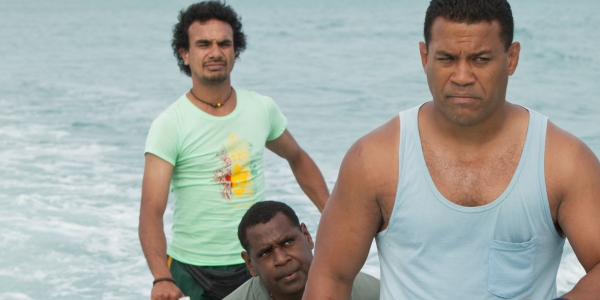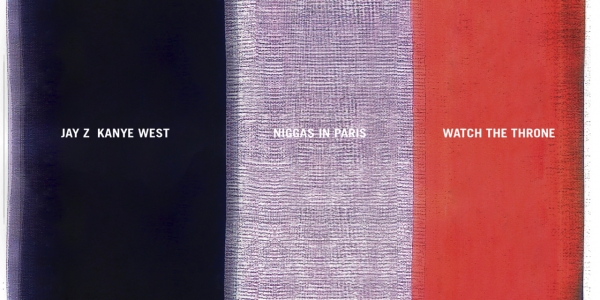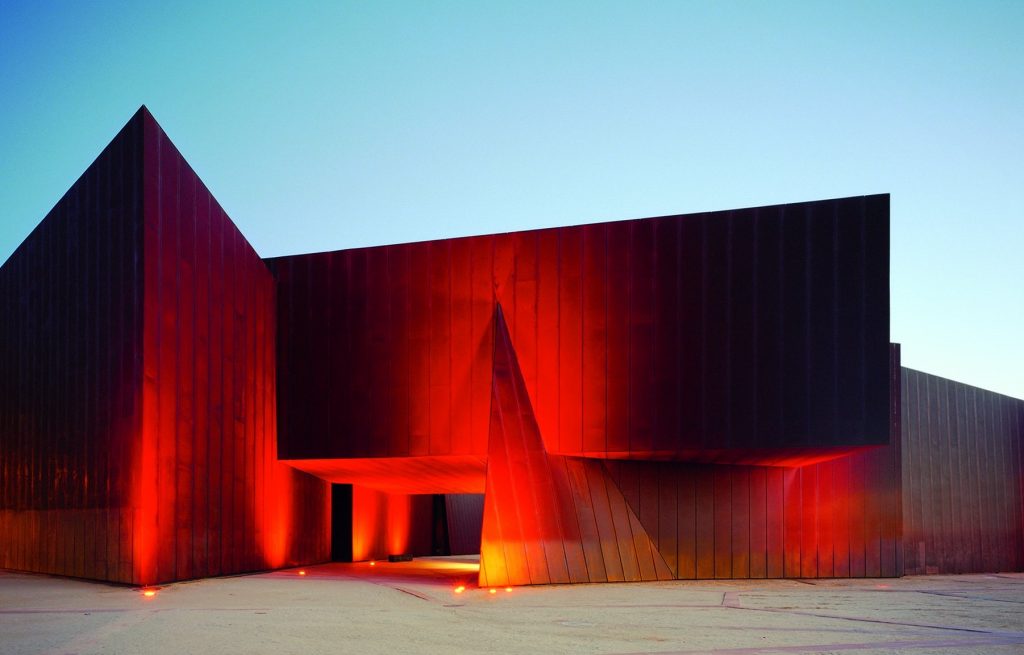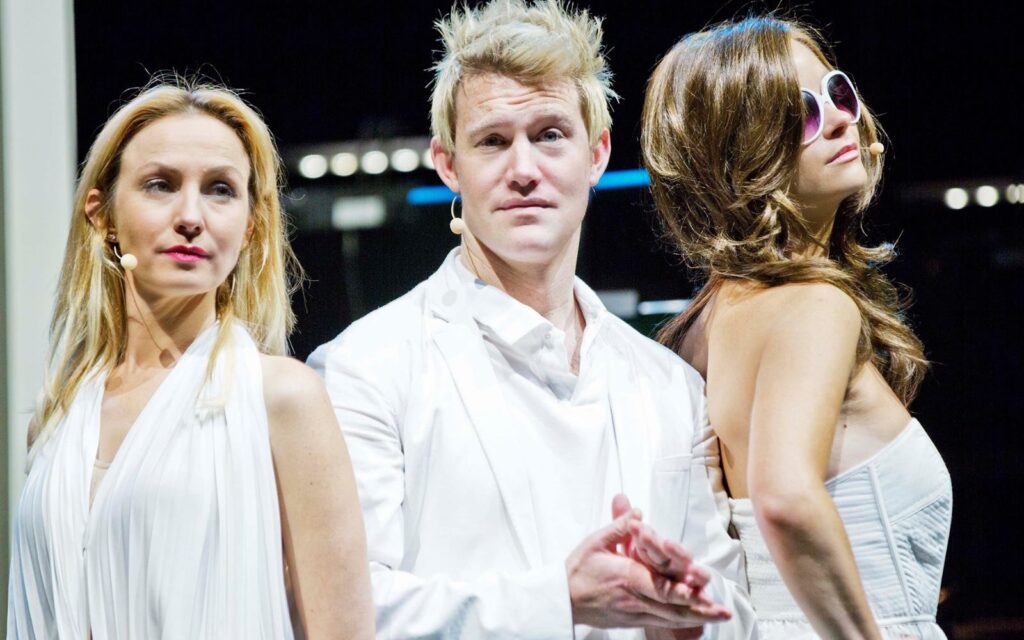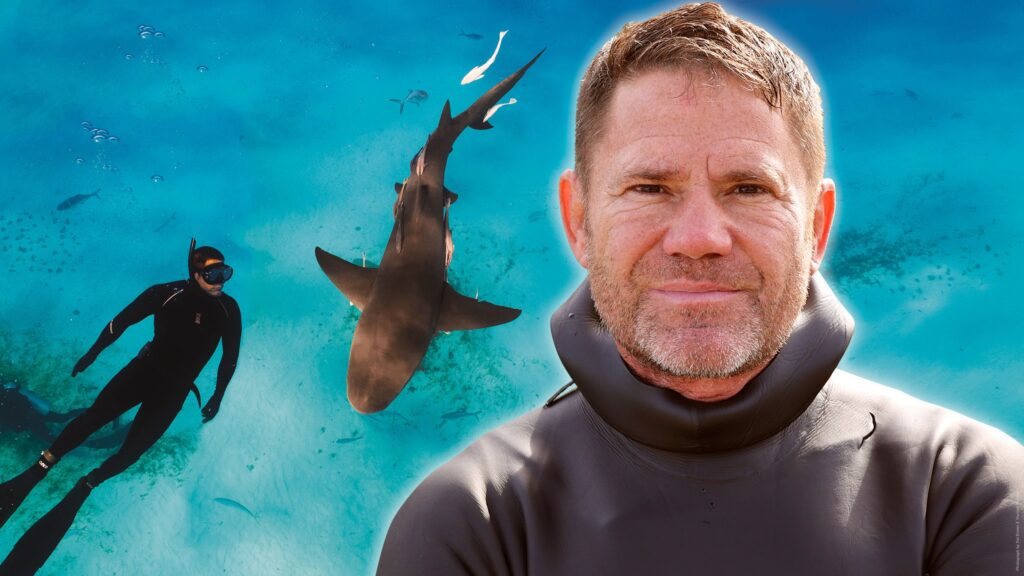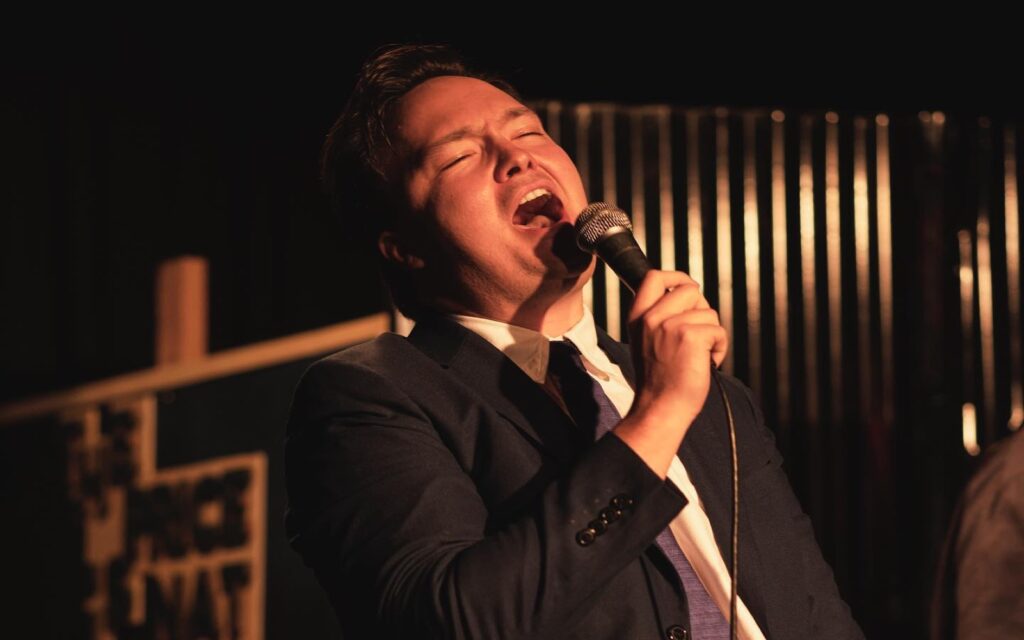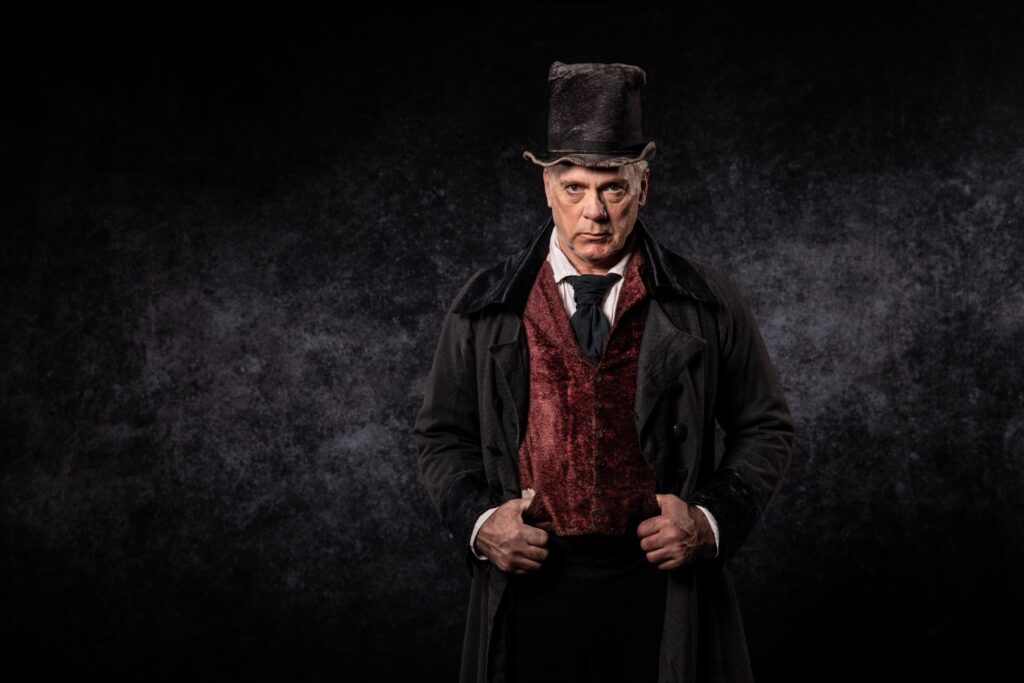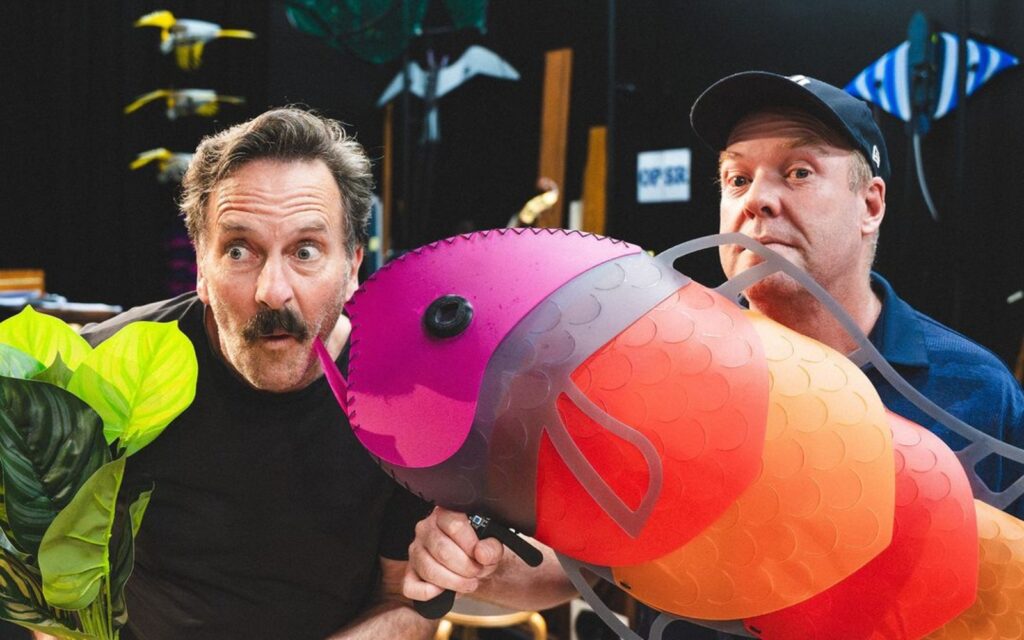“I think that the American network HBO really has to be credited for the great work they’ve done over the last few years,” Fa’aoso tells me. “They’ve changed the way audiences look at television – they raised the bar with programs like The Sopranos and Deadwood, and now, there’s more sophisticated, high-quality TV drama out there than ever. In this country, we’ve had programs like East West 101 and The Slap that have met that challenge, and hopefully, The Straits will join those two with regards to being able to provide high-quality drama that’s also entertaining.”
I put it to Fa’Aoso that locally-made television is doing a far better job of telling stories and entertaining than locally-made film right now, and he agrees. “We have hit a great patch in this country in regards to television, and unfortunately, it hasn’t overlapped into film,” he says. “It would be great to see more real Australian stories that represent the make-up of Australian society and that come from real voices in cinema. I’m not saying that hasn’t occurred, but lately it’s television that’s shown the diversity of Australian culture and showcased the voices and stories we have here today.”
Australians in general seem to be unusually fascinated with tales of crime and malfeasance, a tradition that stretches from the success of shows like Underbelly right back to our ongoing love of Ned Kelly. The Straits fits firmly into this tradition, and I ask Fa’aoso why, in his opinion, we as a culture are so fixated on such stories. “To be quite honest with you,” he says with a chuckle, “I think this ongoing interest with crime stories comes back to the fact that Australia was settled as a penal colony. It’s from that heritage that these attitudes have come.
“Then there’s the fact that, thanks to our colonial heritage with the British, there’s always been that big brother/little brother attitude,” he continues. “That all kind of transfers through areas like sport. Whenever we play against England, there’s always this feeling that we have to stick it to the Poms. There’s that history to take into account, also. At the end of the day, though, I really think people are fascinated with the dark, secret worlds that shows like Underbelly uncover; it can be a real thrill to find out how people get involved in a life of crime.”
In The Straits, Fa’aoso plays Noel, the hot-headed heir to the Montobello throne. He leads a fine cast, which includes, not least of all, internationally-renowned actor Brian Cox. “It was an absolutely fantastic experience to be able to work with him,” Fa’aoso says of acting opposite the man who once played Hannibal Lecter. “I mean, when someone of that calibre steps on set, you know that what you’re doing is the real deal.” Working with Cox, he says, brought out the best in the entire cast of The Straits. “He motivated us to want to do the best we could day-in and day-out,” he says. “It was the best experience I’ve ever had as an actor, and the hardest I’ve ever worked. It was a gruelling but rewarding experience. I’d do anything to work with him again.”
Cox may be the most high-profile name in The Straits, but the rest of the cast are no slouches. “It was fantastic working with all of those people,” Fa’aoso says. “To have Rena Owen in the other lead role was a dream. Then we had a really great supporting cast, people like Rachel Blake and Kym Gyngell. There was not a weak link amongst them. Each and every cast member, from the key cast to the supporting, was incredibly strong, and they delivered gold every time. It was a wonderful environment to work in and be around. Working with the likes of Peter Andrikedis, Rowan Woods and Rachel Ward as directors – you just don’t get better than that. We assembled a rather extraordinary team, cast and crew. We’ll just have to wait and see how it’s all received.”
A number of locally-made TV shows have enjoyed success in Europe and America – The Slap being just one. I ask Fa’aoso if his aspiration is to sell The Straits on to those places. “Well, the response from the international market is extremely positive so far,” he says. “We’ve always thought of The Straits as being focussed towards an international market, and our team have been doing a great job of putting it out there internationally. I’m sure we will have interested parties. So yeah, to answer the question, we’ve had responses from the UK and the States, so we just wait and see, mate.”
BY ALASDAIR DUNCAN
